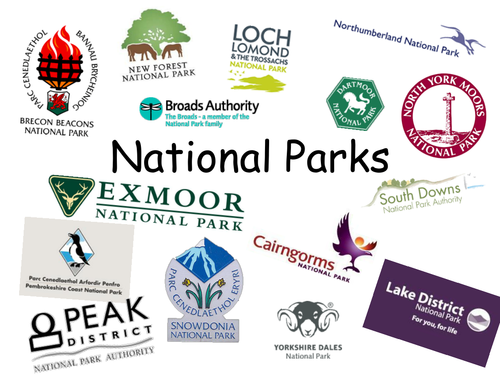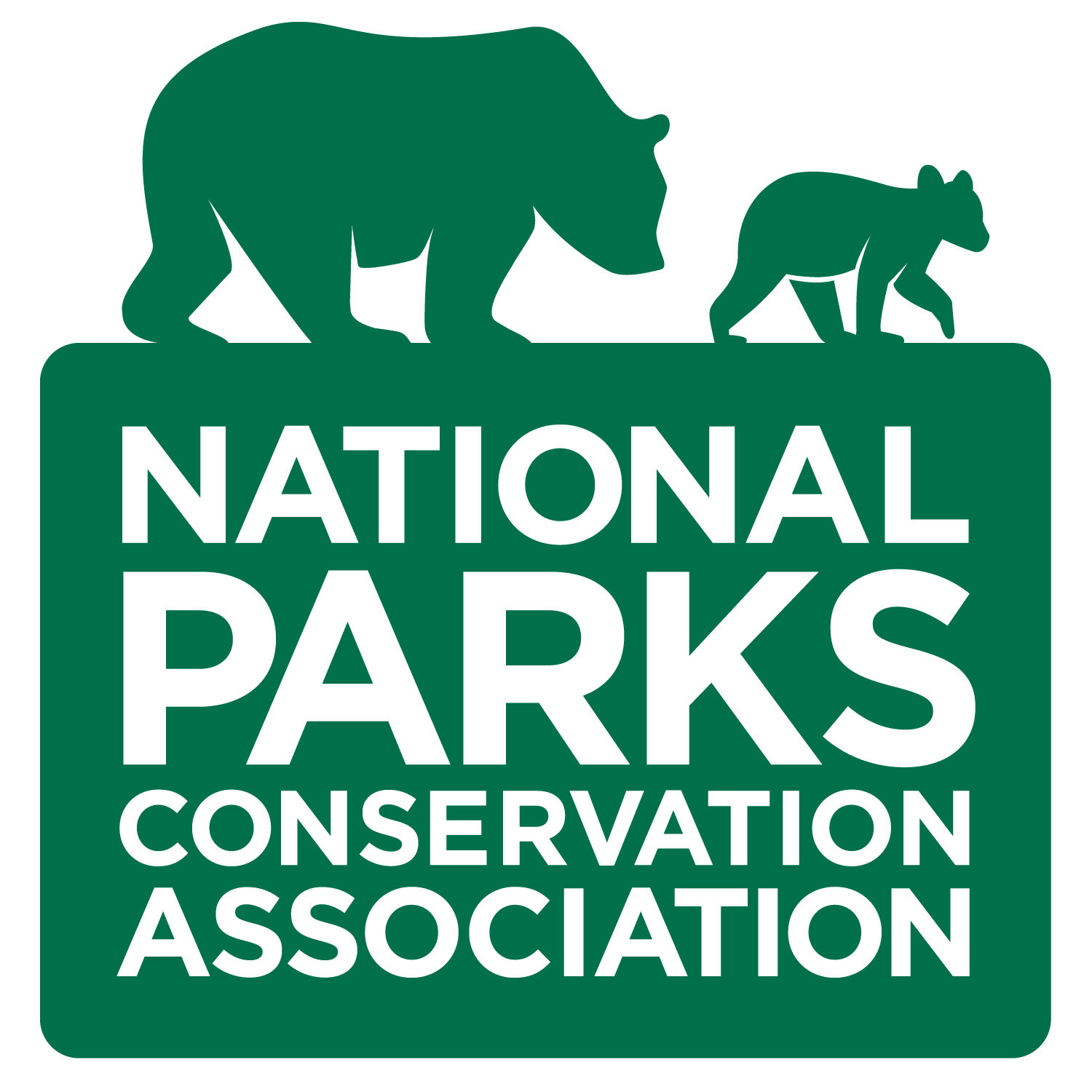National Parks Presentation
| Introduction to National Parks | ||
|---|---|---|
| National parks are protected areas of land that are managed by the government. They are established to preserve and protect natural and cultural resources. National parks offer opportunities for outdoor recreation, education, and conservation. | ||
| 1 | ||
| Importance of National Parks | ||
|---|---|---|
| National parks help protect and conserve biodiversity by preserving ecosystems and habitats. They provide a sanctuary for endangered species and serve as a home for a wide range of plant and animal life. National parks contribute to the economy by attracting tourists and creating jobs in surrounding communities. | ||
| 2 | ||
| Types of National Parks | ||
|---|---|---|
| There are various types of national parks, including wilderness parks, historical parks, and marine parks. Wilderness parks are remote and undeveloped, offering visitors a chance to experience nature in its purest form. Historical parks preserve significant cultural sites and landmarks, allowing visitors to learn about the past. | ||
| 3 | ||
| Notable National Parks | ||
|---|---|---|
| Yellowstone National Park, established in 1872, was the first national park in the United States and is known for its geothermal features, including the famous Old Faithful geyser. Grand Canyon National Park showcases the breathtaking beauty of one of the world's most iconic natural wonders. Yosemite National Park is renowned for its towering granite cliffs, majestic waterfalls, and ancient sequoia trees. | ||
| 4 | ||
| Benefits of Visiting National Parks | ||
|---|---|---|
| National parks offer recreational activities such as hiking, camping, wildlife watching, and photography. They provide opportunities for personal growth, relaxation, and connecting with nature. Visiting national parks promotes physical and mental well-being, reducing stress and improving overall health. | ||
| 5 | ||
| How to Support National Parks | ||
|---|---|---|
| Support national parks by visiting them, volunteering, or donating to conservation organizations. Practice responsible tourism by following park rules and guidelines, and respecting the environment. Raise awareness about the importance of national parks and advocate for their protection and proper management. | ||
| 6 | ||





